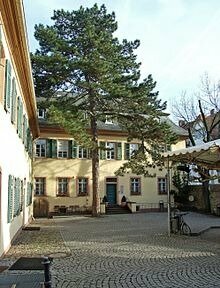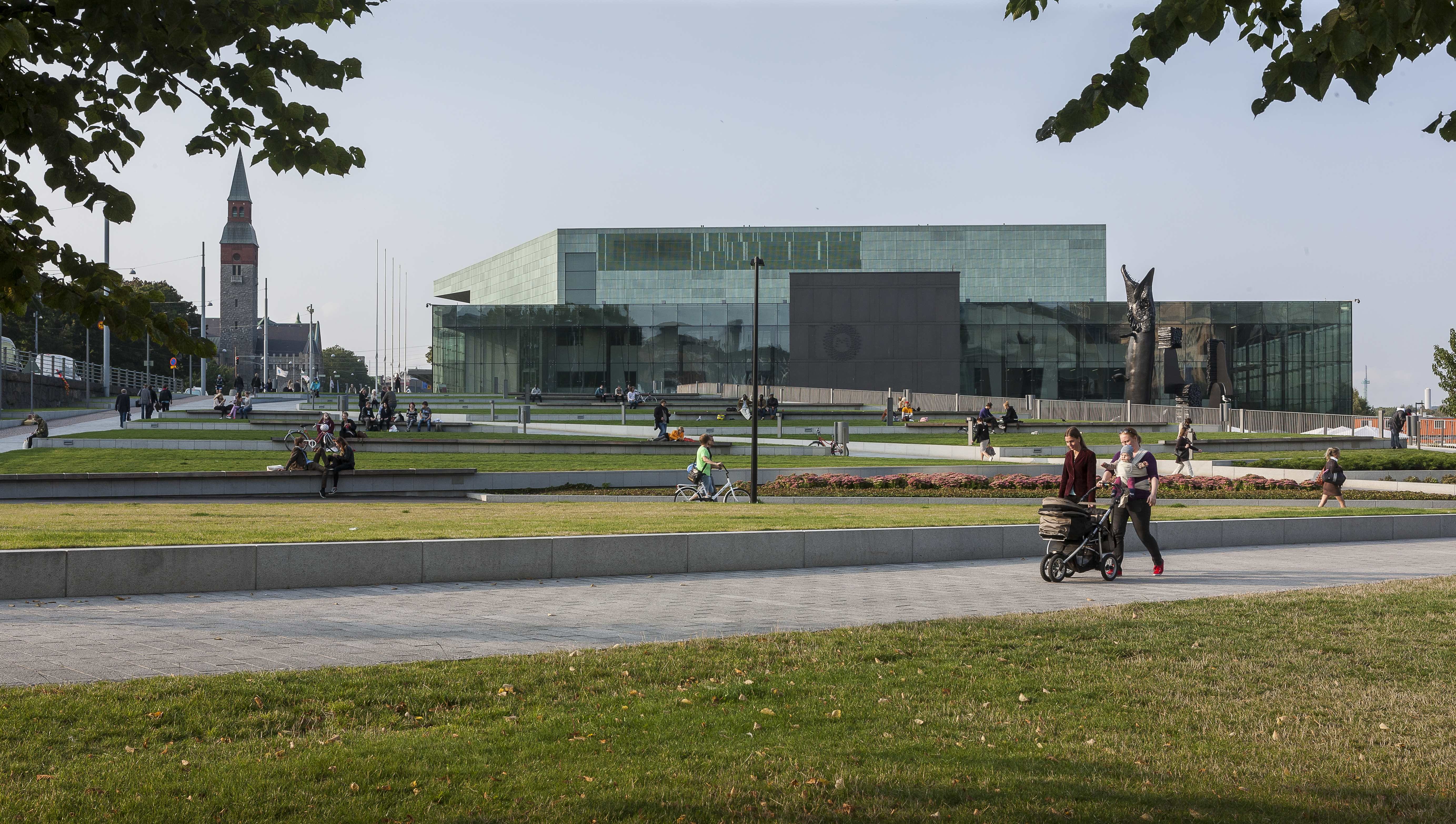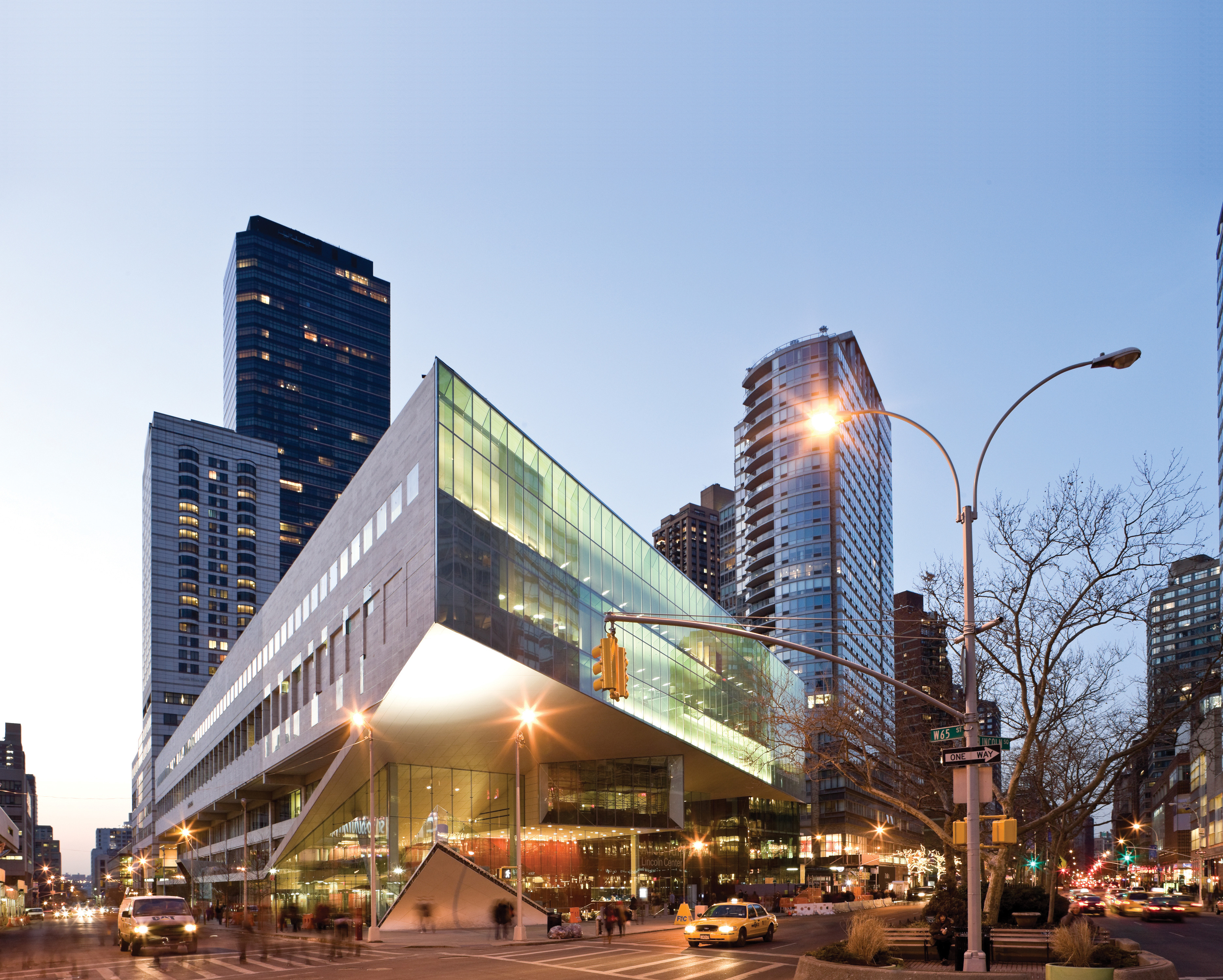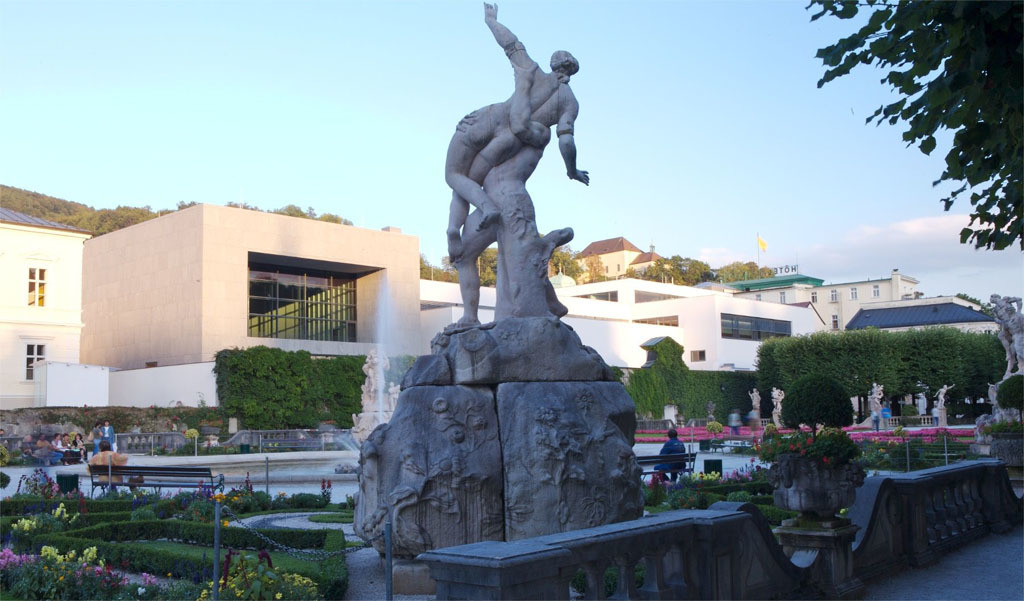
Credit: Wikipedia
Perhaps the most exclusive of all our institutions interviewed so far, the Kronberg Academy is based in Germany, in the small town of Kronberg in Taunus. The size of the town reflects the size of the student body, devoted solely to violinists, violists, and cellists. Raimund Trenkler, the Academy’s President and Artistic Director, explains how they select this incredibly exclusive student body.
How does your selection process work? Is there a quota to fill, and does this hold even if there are no suitable applicants?
The selection process is a long one, starting with DVD applications. Some of the applicants get invited for an audition where they have to present a programme of six works of different styles and genres. There is no direct quota but it certainly also depends on the capacity of our teachers. The number relation of violinists, violist and cellists can differ slightly every year. Our study programme is designed for a very small number of Young Soloists, at the moment 17.
What’s the most important thing that students should come away from music college with?
We are very interested in musicians that have an own voice, that can add something to the interpretation of a certain work. Our Young Soloists are highly individual artists. We believe in the ongoing quest for musical authenticity rather than “effective successful” performing. We encourage our Young Soloists to develop a reflective, critical, “researching” artistic mind.
Do you maintain links with your ex-students? Who are your most famous alumni?
We have an active alumni organisation and keep strong contacts. Many of our Alumni visit Kronberg Academy and give classes or play together with actual students. Every second year an Alumni Meeting takes place, a four day chamber music festival. The list of Alumni is long: the violinists Vilde Frang and Alina Ibragimova, the violists Antoine Tamestit, Nils Mönkemeyer, and many of today’s well-known young cellists such as Nicolas Altstaedt, Andreas Brantelid, Claudio Borhorquez, Julian Steckel are among our Alumni. They either studied at Kronberg Academy Masters or participated as students (and later as teachers) in numerous festival or masterclass activities of Kronberg Academy.

Credit: Wikipedia
Is there anything about your teaching method that you believe to be unique about your School? In addition, do you have any courses about stress or stage fright management?
We are grateful that some of the world’s most distinguished musicians regularly teach at Kronberg Academy: among those are the members of the Artistic Council Gidon Kremer, Yuri Bashmet, and András Schiff. Our main teachers are Christian Tetzlaff, Ana Chumachenco, Mihaela Martin, Nobuko Imai and Frans Helmerson. Playing for and often also alongside these wonderful musicians and sharing musical thoughts is the core of our teaching programme that takes place without the idea of a “hierarchy”, as a dialogue between colleagues of different generations. Besides regular individual lessons, a masterclass with one of the above artists takes place every month: everybody listens to everybody and the lesson starts with a full performance from the student. Also important to us is teaching from different instruments: for example violinists have also lessons from cellists or violists, or even from singers! Our work with conductors is increasing and we believe very much in this. Christoph Eschenbach is a regular guest for masterclasses and some of our Young Soloists recently played for Zubin Mehta. We are looking forward to welcoming Daniel Barenboim soon. In our co-curriculum programme we often offer life skill seminars such as Alexander technique but also career development or musicology seminars.
How many opportunities do your students have to gain performance experience and/or contact with the profession whilst studying?
We regularly offer concert opportunities to our students because we have relationships with festivals and music series. Everybody performs in our own festival and masterclass projects as well. Some of our monthly masterclasses finish with a final concert. Recently the students had the chance to perform together with Fazil Say and Gidon Kremer at the end of their masterclasses.
How different do you believe the varying career paths (solo player, chamber and orchestral musician) are, and how does your teaching reflect this?
Everybody has a different career and it is important to define the right way for each one and support the student on it. Mainly we are focused on solo and chamber music performing and most of the students that apply to us already have a decent performing schedule. Gaining teaching experience is important to us too. Sometimes we give assistant teaching possibilities to our students, and as mentioned before our alumni can be invited back to teach. In general the teaching method is very individual and tailor-made for every student.
Do you encourage your students to participate at international competitions?
Many of our students participate although we do not necessarily encourage them. Most of our students have already won a major competition when they apply to Kronberg Academy. Competitions can be a very good goal to work on repertoire and to focus on intense preparation. Apart from that a competition can help getting engagements. These are real benefits! But still a competition does not “make” a career. The audience decides because it feels if an artist has an authentic and “true” artistic mind and has something special to say in their performance.








